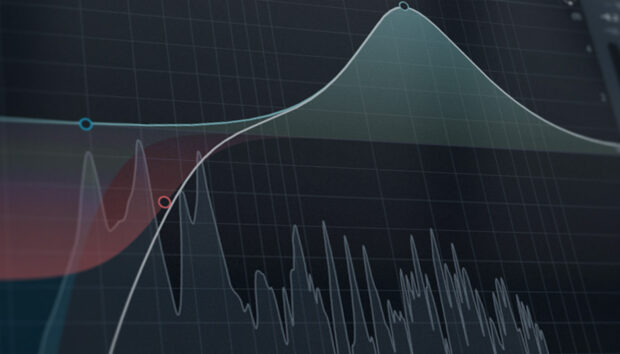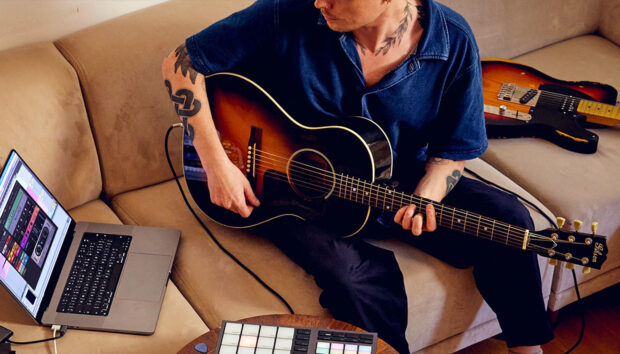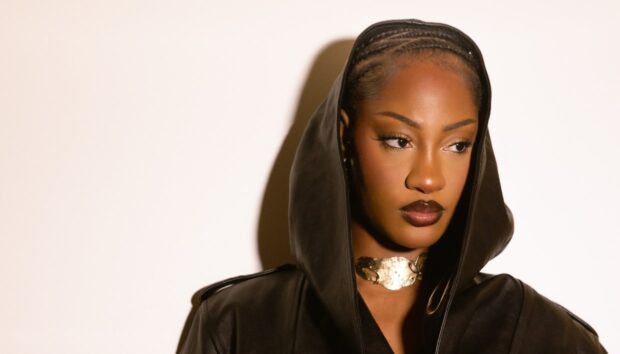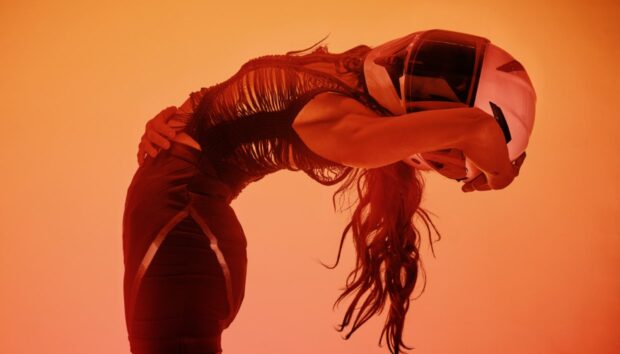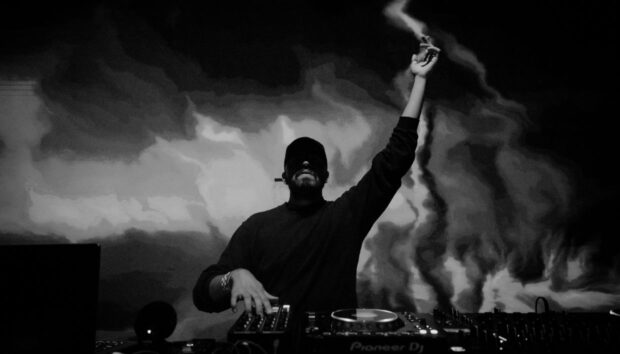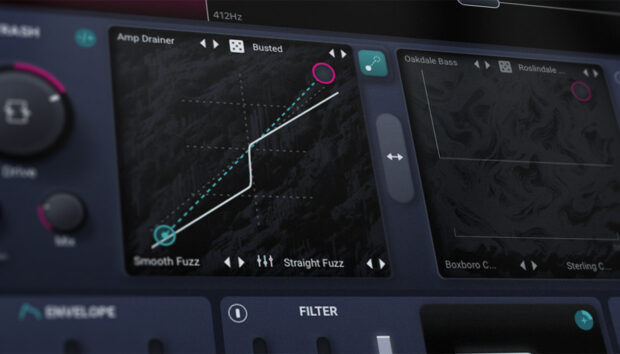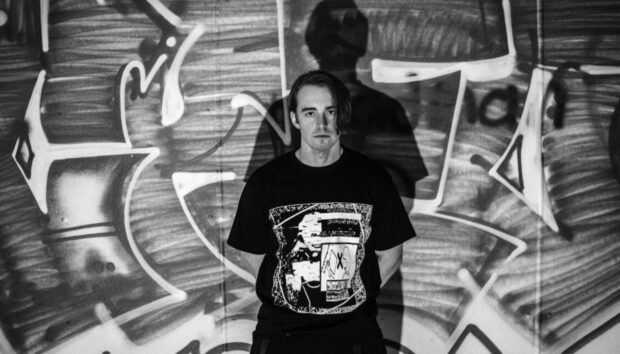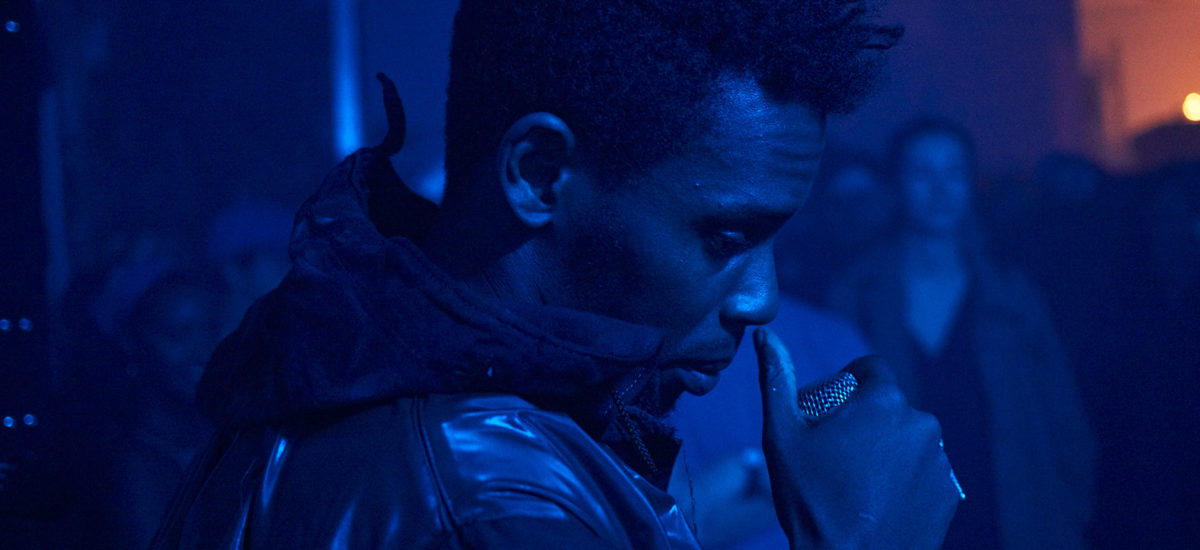
In December 2016, Native Sessions brought together a fine choice of leading talent from the UK for a series of discussions, and performances. Set in a Haggerston Warehouse under the title New Identities, rising stars Gaika, Flohio, L-VIS 1990, and Cõvco spoke about the processes that go into preparing for a set, how STEMS are incorporated into their performance, and the importance of bringing personality into the creative process.
What’s in your mind when you take to the stage and begin your set?
Gaika: I don’t really think that much about anything other than remembering the words to my songs and trying to give the most honest performance that I can. I don’t really get nervous, I don’t over consider it. I just try and give my best, and be as real as I can in that situation.
Flohio: I’m just trying to get everything right. I’m trying not to forget anything and making sure that everyone, including myself, has a good time. I don’t think too deep into it. I just try and go with the flow.
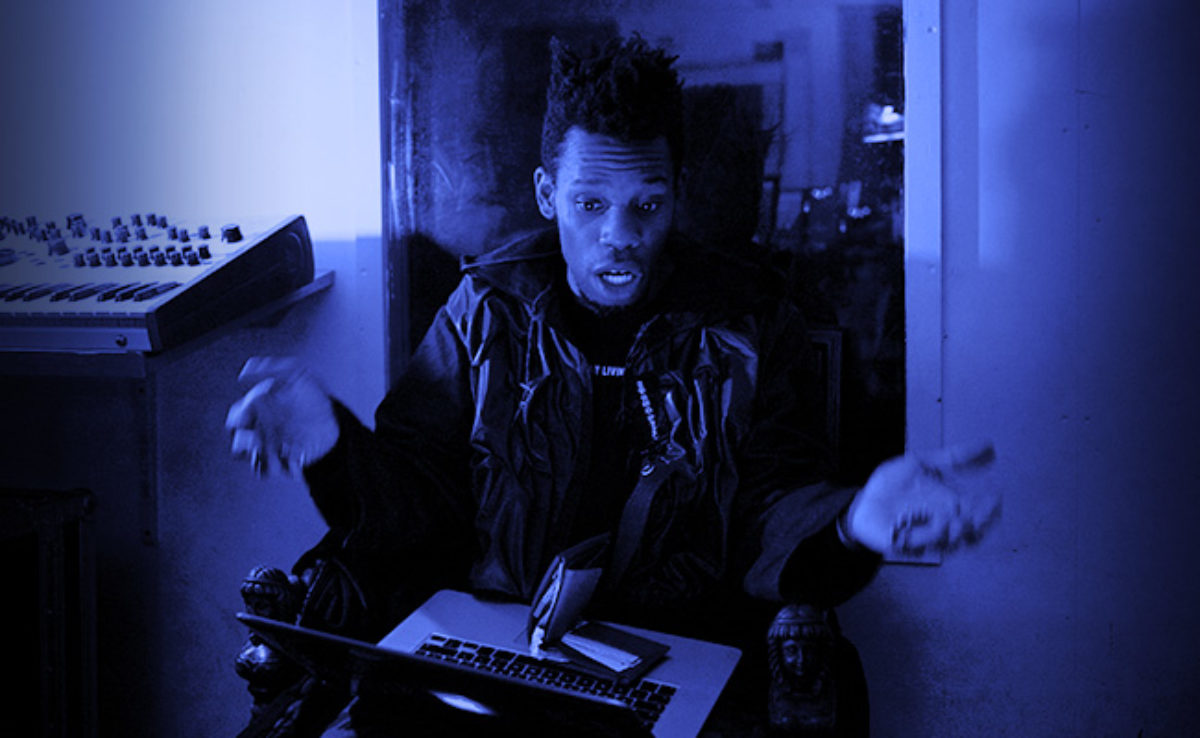
What is the key thing you focus on in your performance?
Gaika: To feel each moment and really be in it. I say what I mean and I mean what I say. At the same time as concentrating on technique, trying not to lose my voice, or go out of tune, I also try and open myself up.
L-Vis 1990: I’m just focusing on having a conversation with the crowd. I just feel their reaction to what I’m playing. At the end of the day I’m not really focusing on anything, I’m just playing music.
Do you have your set fully mapped out to every detail or do you adapt it when you perform?
Gaika: I have my set partly mapped out but it depends what I’m doing. If I’m DJing then no, it’s what I’ve been listening to and what’s on my hard drive. If I’m singing or rapping with my band, then it is mapped out, as it’s really quite a technical thing – we use a lot of equipment. However, whilst we know what we’re going to do there’s definite room to freestyle.
I prepare my set to be flexible by creating my own STEMS, meaning we can play each part in a different way. This means we can filter and use effects effectively and we can live mix our own tunes.
Cõvco: It depends on the venue and the event. I started off by improvising and playing off of my mood, because I do play off of my mood quite a lot. But recently I have been mapping them out quite a bit to create an extra vibe. Obviously I’m still learning and trying to figure out my own type of vibe.
L-Vis 1990: I’ve never in my life as a DJ prepared a set. I turn up with a playlist, maybe with some tracks I want to play that night, but other than that it’s all about how the crowd react and how I feel at the time. You can never prepare.
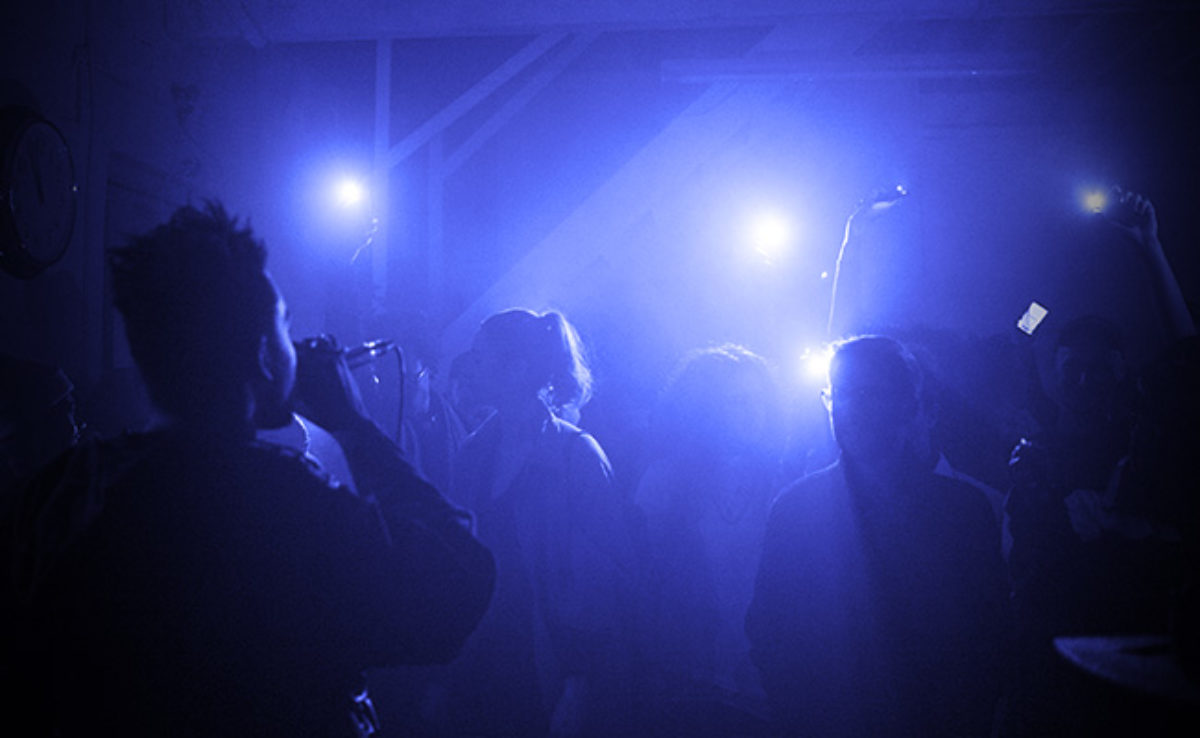
How do you know when a set is going well?
Gaika: I know when a set is going well because you see it. You see people’s minds get made up. I’ve not really played a set that’s bombed yet but I try and win the crowd over. I think honesty is key and I believe that the more honest I am, the better my performance goes.
My performance is always a kind of suspended belief and I know a sets going well from the start, when people are receptive.
Cõvco: The most important thing is just letting free and just doing you. Just going into the set like: this is me, this is what you’re here for, this is them [the audience] this is what they’re here for, and just running with that.
L-Vis 1990: The most important lesson is to not even think about it. Thinking just makes things hard and difficult. The best thing is to let yourself go and just do your thing.
What’s the most important lesson you’ve learnt from performing?
Gaika: The most important lesson that I’ve learnt is that you can’t lie. You can’t be out here trying to be somebody that you’re not or saying stuff that you don’t mean. You’ve got to mean what you say. That’s what I believe and that’s what I’ve learnt. My music is a reflection of my philosophy on the world, so it’s easy.
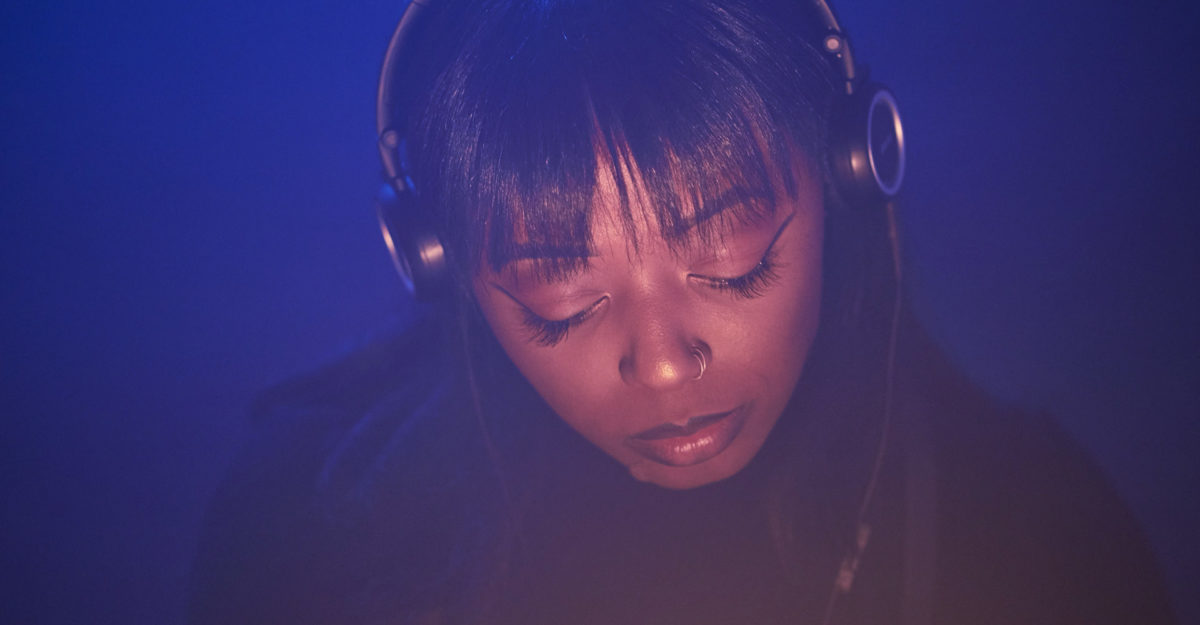
How has your sound changed from the studio to the stage?
Gaika: The point of my sound is that it doesn’t change – or if it does change, it becomes more dynamic and works within the room. The way we arrange a lot of the music is to make it dynamic and give it life and identity, rather than just being music played back. Even when I DJ, I like to create a soundscape around the individual performance.
When you’re creating music do you think about how you’re going to perform it as well?
Gaika: No. I think about what it means and how it makes me feel and what I’m trying to say. The performance of it is an afterthought.
L-Vis 1990: It’s kind of the same thing really. When I’m creating music I’m trying not to think – I think later. Maybe after I’ve made the track I think about where it can fit in, but if you start thinking about where your music is going to fit and how it’s going to be perceived, it’s going to be shit. It’s not real. You’ve just got to do what you feel.
When it comes to a show, what are other considerations do you take?
Gaika: When I’m putting on live events, I just try and make it an experience that people will remember, like and talk about. It’s not about getting the maximum amount of money for the minimum amount of work. It’s the opposite. It’s about having an interesting conversation with the audience.
When did you start to believe that you wanted to perform?
Cõvco: Do you know what, I always knew that I could perform, it was just a matter of doing it. I used to be in my own shell until one time where I was just “Fuck it”. Do what you need to do. Express yourself. This is just a big expression of who I am.








